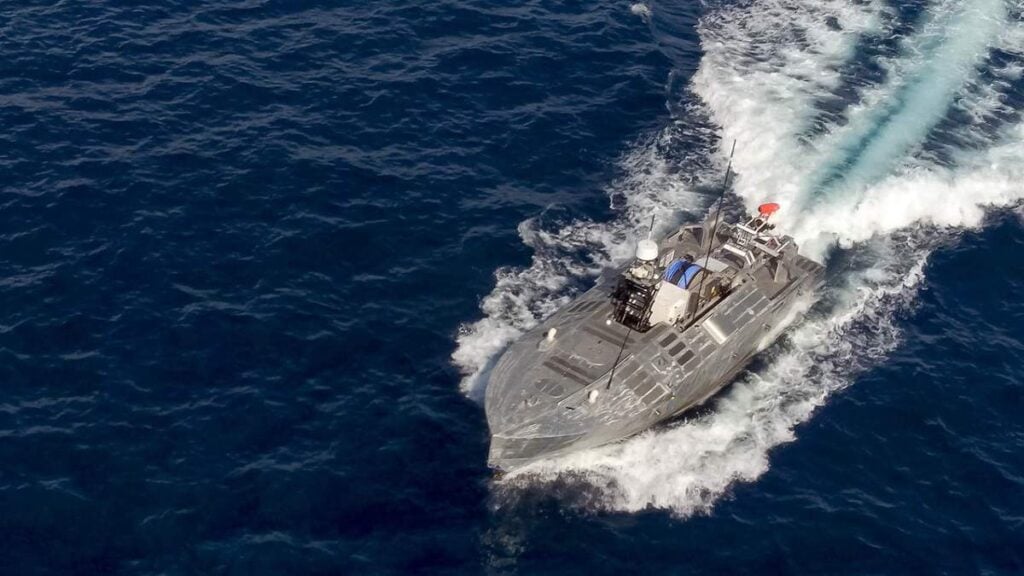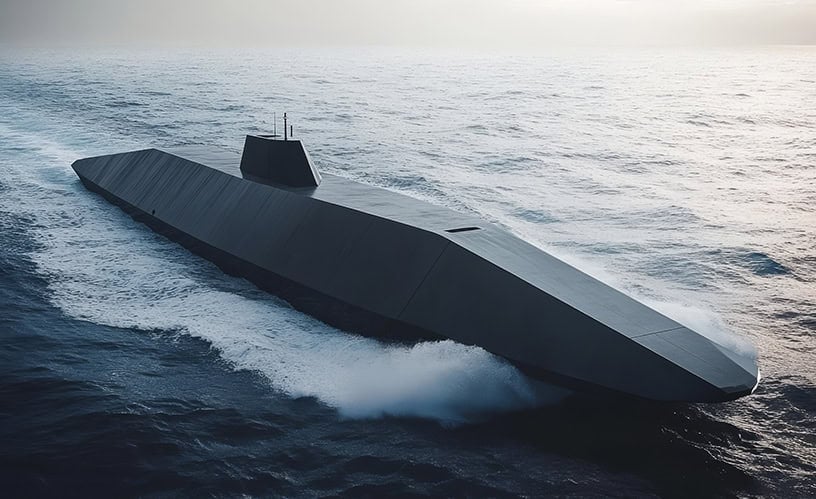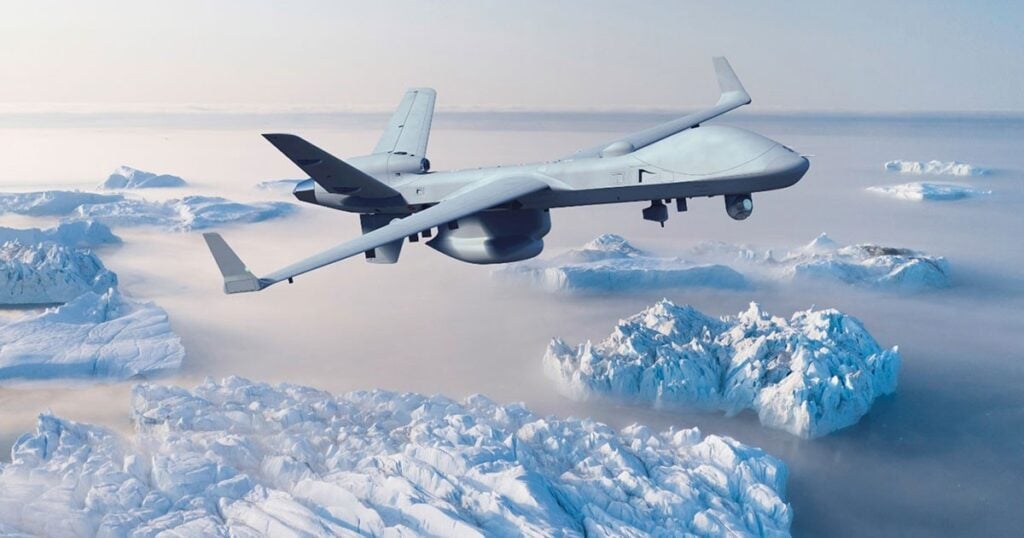The Royal Engineers (RE) are a branch of the British Army responsible for providing essential engineering, construction, and technical support to military operations worldwide. Their training regimen is designed to develop the technical expertise, leadership, and operational readiness required to perform a wide range of tasks, including combat engineering, infrastructure development, and disaster relief.
Initial Training
Phase 1: Basic Military Training
All recruits to the Royal Engineers begin with Phase 1 training at the Army Training Centre (ATC) Pirbright or another designated training location. This initial training phase focuses on foundational military skills, including:
- Weapons handling and marksmanship.
- Physical fitness and endurance.
- Fieldcraft and survival techniques.
- Basic drill and discipline.
The purpose of this phase is to ensure all recruits possess the core competencies of a British Army soldier.
Phase 2: Specialist Training at the Royal School of Military Engineering
Following Phase 1, Royal Engineer recruits proceed to Phase 2 training at the Royal School of Military Engineering (RSME) in Chatham, Kent. Here, they receive specialized instruction tailored to their roles within the Corps of Royal Engineers.
Key areas of training include:
- Combat Engineering:
- Bridge building, demolition, and fortification construction.
- Water supply and purification systems.
- Mine clearance and obstacle breaching.
- Trade Training:
Recruits are trained in one of the many technical trades supported by the Royal Engineers. These include carpentry, plumbing, electrical systems, plant operation, and geographic information systems (GIS). Training durations vary depending on the trade, ranging from a few months to over a year for highly technical roles. - Military Construction:
Recruits learn to construct and maintain infrastructure in a variety of environments, including austere and hostile regions. This includes airfields, roads, and forward operating bases.
Advanced Training and Specializations
After completing basic trade training, Royal Engineers can pursue further specialization through advanced courses and qualifications. Examples include:
- Demolition and Explosives Training: Courses cover the safe handling and application of explosives in combat scenarios.
- Diver Training: Engineers selected for diving roles undergo intense training to conduct underwater engineering tasks such as port repairs and obstacle clearance.
- Parachute Engineering: Those serving with airborne units undertake parachute training to provide engineering support to airborne operations.
Leadership Development
Leadership is a cornerstone of the Royal Engineers’ ethos. Soldiers showing aptitude are encouraged to attend leadership courses, including:
- Junior and Senior Non-Commissioned Officer (NCO) Courses: These prepare soldiers for team leadership roles.
- Commissioning Courses: High-performing individuals may apply for officer training at the Royal Military Academy Sandhurst (RMAS).
Operational Readiness and Ongoing Training
Operational readiness is maintained through a combination of unit-level exercises and continuous professional development. Training exercises often simulate real-world scenarios, such as building fortifications in conflict zones, disaster relief operations, or establishing temporary water supply systems in remote areas.
Royal Engineers also participate in international exercises and exchange programs, broadening their operational experience and fostering interoperability with allied forces.
The Role of the Royal School of Military Engineering
The RSME is the backbone of training for the Corps of Royal Engineers, responsible for designing and delivering courses to meet the evolving needs of modern military operations. In addition to initial training, the school offers:
- Continuous professional development for experienced personnel.
- Training in emerging technologies, such as unmanned systems and advanced construction techniques.
- Research and development support to enhance the Corps’ engineering capabilities.




















